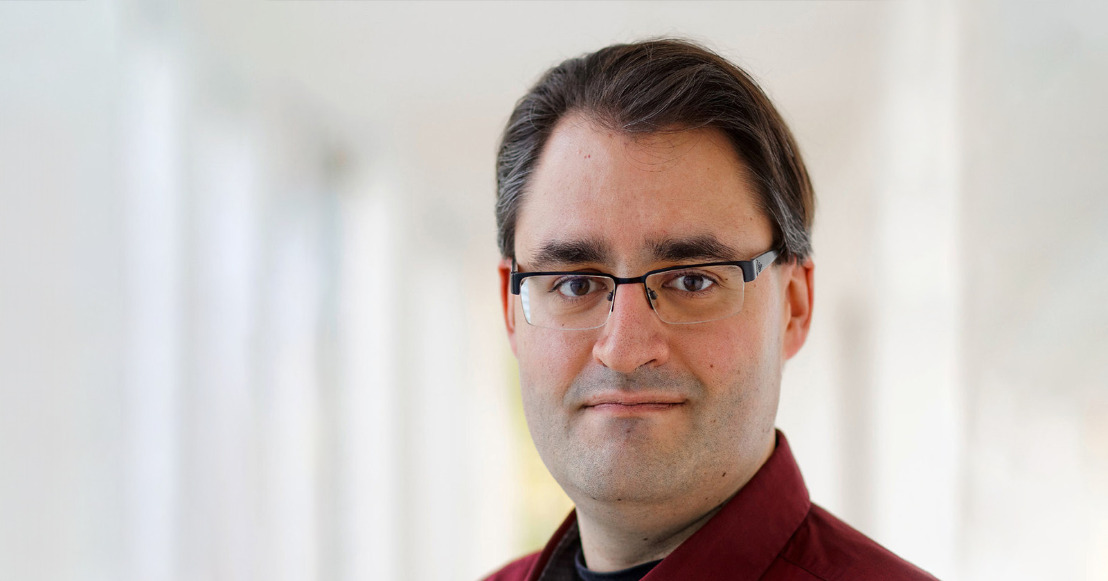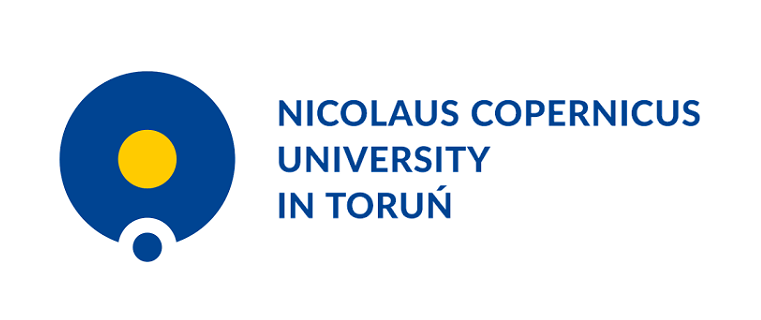
Plague through the Ages – An Archaeogenetic Perspective
Dr. Alexander Herbig from the Max Planck Institute for Evolutionary Anthropology will give a lecture entitled “Plague through the Ages – An Archaeogenetic Perspective.” The meeting will take place on Thursday, October 2, at 7:00 p.m.
Plague has shaped human history for millennia, from prehistoric outbreaks to the devastating pandemics of the Middle Ages and beyond. This presentation will give an overview of archaeogenetic research on the plague bacterium Yersinia pestis, tracing its evolutionary history from the Neolithic to the early modern period. The meeting is part of the kick-off meeting for the Synergy ERC grant entitled “Re-understanding the role of pandemics (1300–1800): history, natural sciences, and machine learning,” led by Prof. Adam Izdebski from the NCU.
The lecture will take place on October 2 at 7:00 p.m. on the patio of the Interdisciplinary Center for Modern Technologies
at 4 Wileńska Street.
About the Speaker
Alexander Herbig received his PhD in Bioinformatics from the University of Tübingen in 2015. He specialized in the study of past infectious diseases during his postdoctoral work at the Institute for Archaeological Sciences in Tübingen. Since 2015, he has led a research group in the Department of Archaeogenetics at the Max Planck Institute for Evolutionary Anthropology in Leipzig. His team develops and applies computational methods in pathogen genomics to investigate the role of infectious diseases in human history.
 NCU News
NCU News




